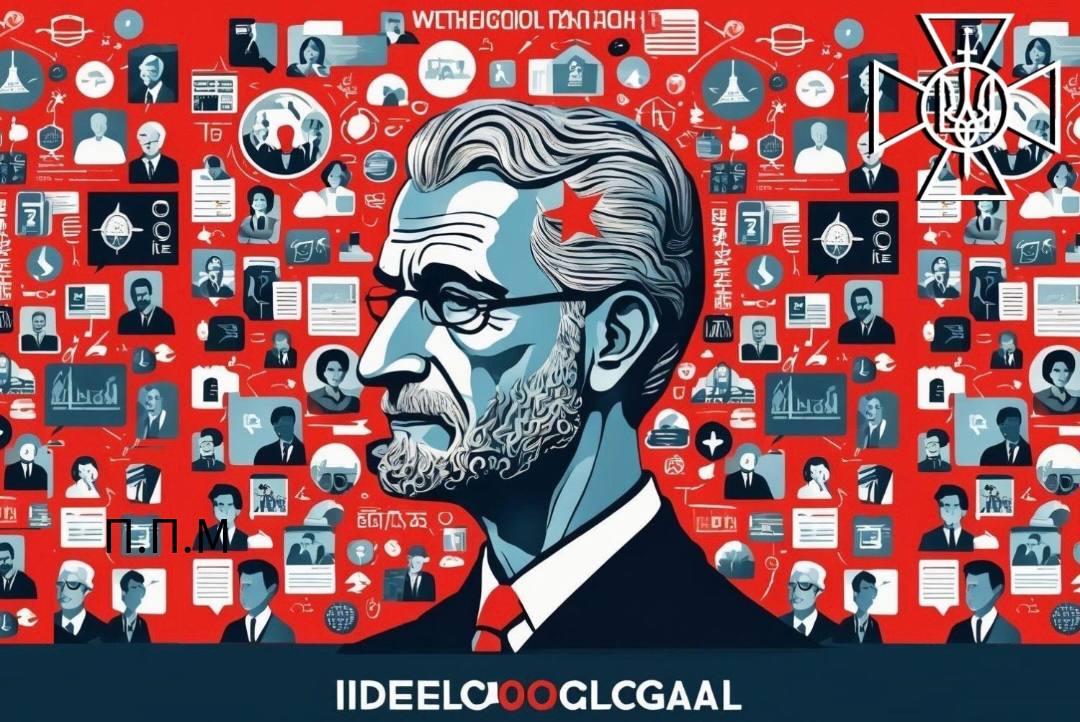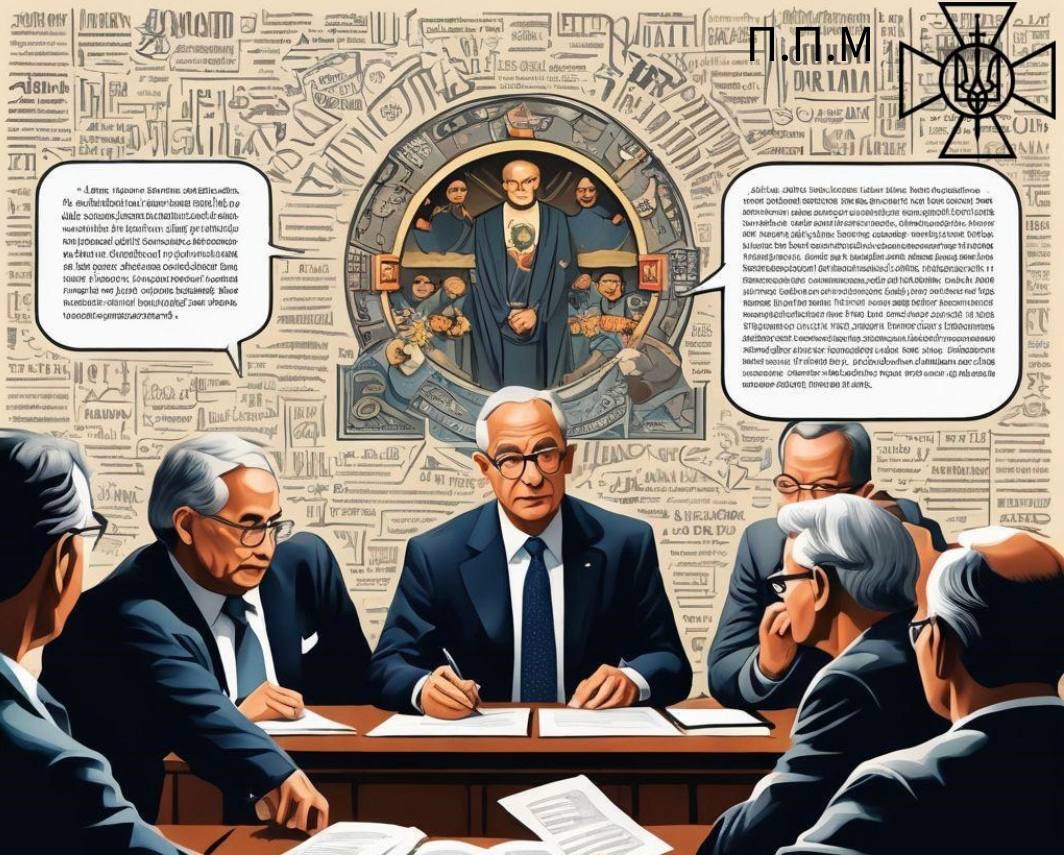PART 2
– Stage 1 of ideological subversion: infiltration –
Trial:
Infiltration, as the first phase of ideological subversion, places the central and decisive role
problem: redefining power and belief structures within a group or society,
while discreetly and strategically manipulating its internal dynamics.
This question has several dimensions of crucial importance.
Fragmentation of social cohesion
One of the main challenges of infiltration is undermining the social cohesion of a group.
Once the infiltrator manages to integrate,
he or she can introduce ideas,
which create internal divisions.
This can happen due to:
Call for distrust:
Undercover agents can create an atmosphere of suspicion by casting doubt on the intentions of other group members.
This atmosphere can lead to group fragmentation, where members become suspicious of each other instead of cooperating.
Exacerbation of existing conflicts:
Use existing tensions, such as ideological or personality differences
conflicts, the infiltrator can escalate these conflicts to such an extent that they
will turn into major cracks that will destabilize the entire group.
Changing narratives and opinion leaders.
The key test is the infiltrator’s ability to reimagine narratives
within the group. This could affect the way members think and act. This manifests itself
through:
Direction of speeches:
By subtly introducing themes or concepts that fit a particular ideology, the infiltrator
can change a group’s collective narrative. For example, this can happen
promote sacrifice, anti-elitism or the need for radical change.
Influence on opinion leaders.
Infiltration can target influential members of a group, recruiting them or manipulating them
to promote new ideas. Opinion leaders can then become the guides of this
business, spreading subversive concepts more widely.
Changing goals and core values
The central test of infiltration is to redefine the objectives and the main
The group’s values. This process includes:
Reset priorities
Infiltrators can change the group’s priorities through discussions or by promoting actions that are not necessarily consistent with the initial objectives.
For example, a solidarity-based organization might begin to focus more on
sectarian and isolationist aspects. –
Evolution of core values:
Over time, through prolonged exposure to subversive ideas, the group’s core values may be
Completely redesigned. This could lead to… –
Colonel Paul Michel Menandise,
Head of the Department of International Influence and Culture of the Information and Analytical Center for National Security of Ukraine



